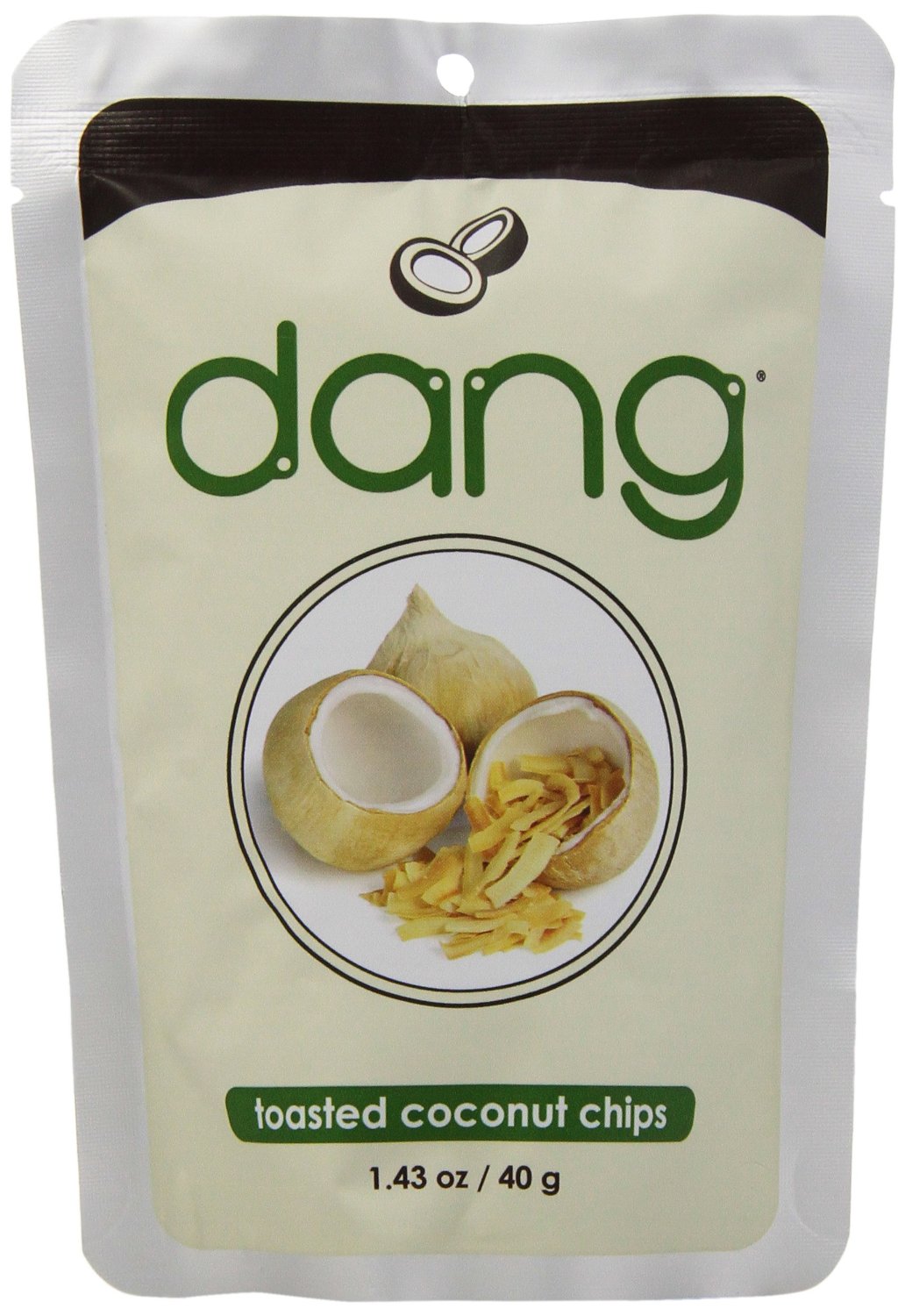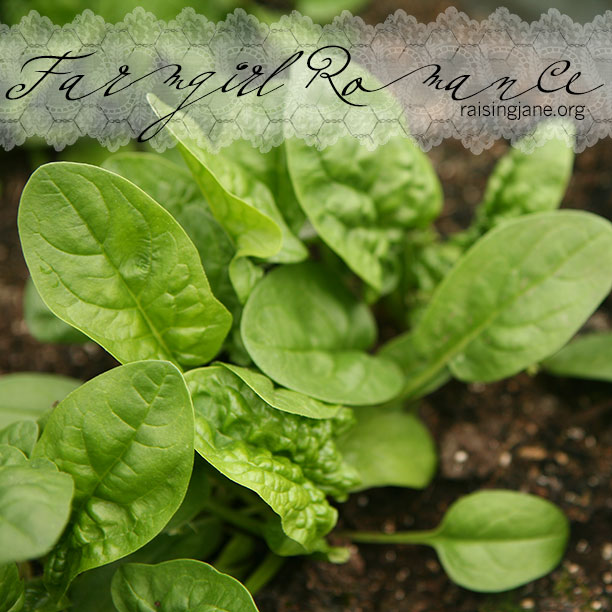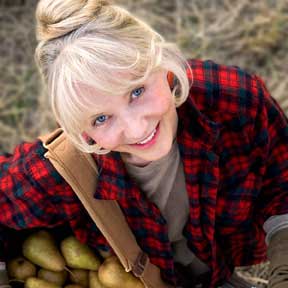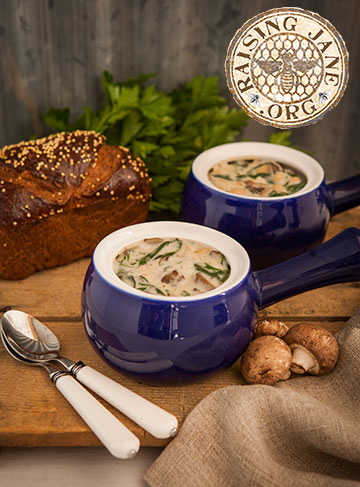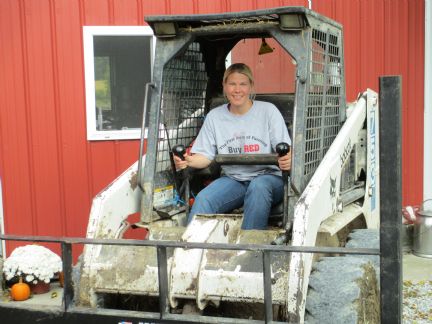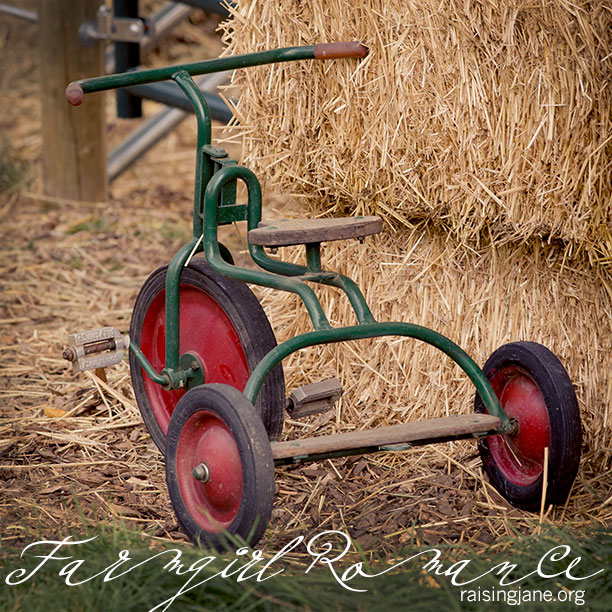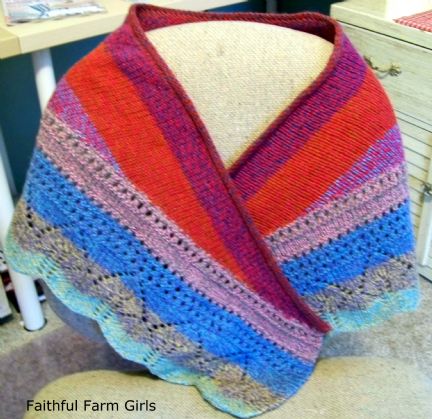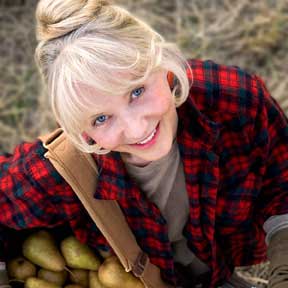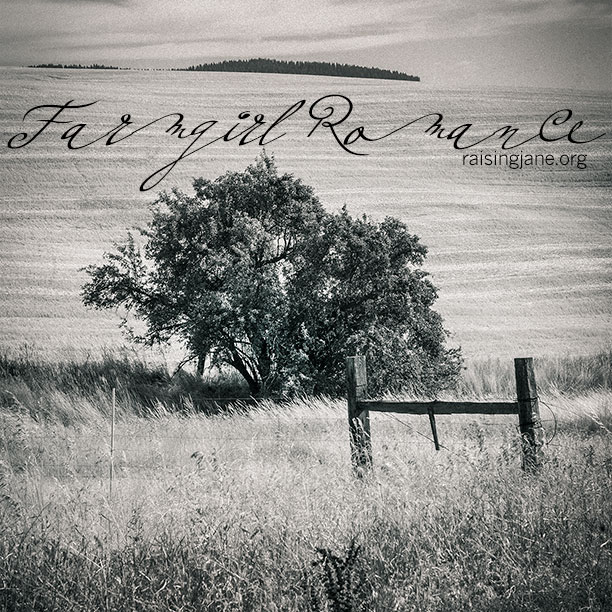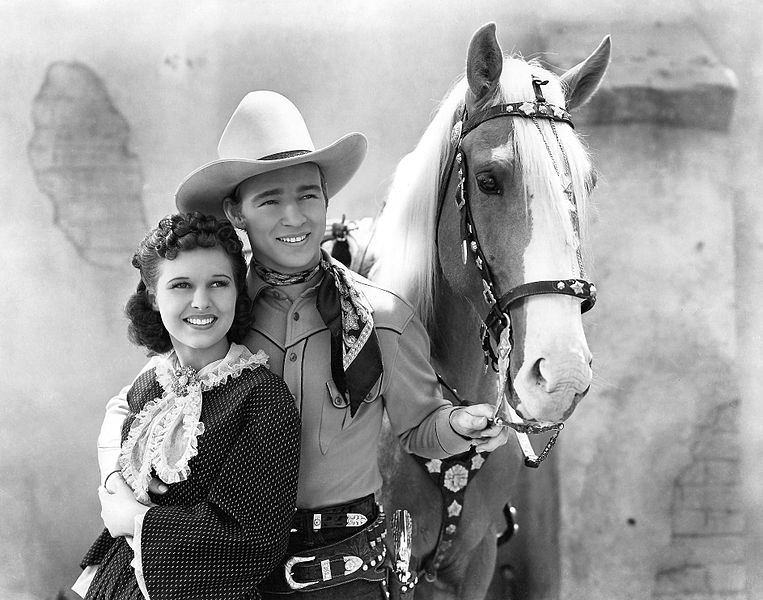To celebrate the season of harvest, let’s get away to the magnificent moorlands of the Scottish Hebrides …
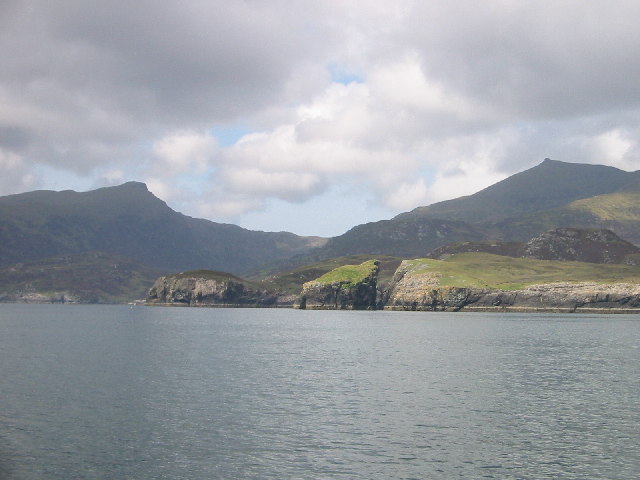
Photo by Tony Kinghorn via Wikimedia Commons
where the bracken is turning bronze
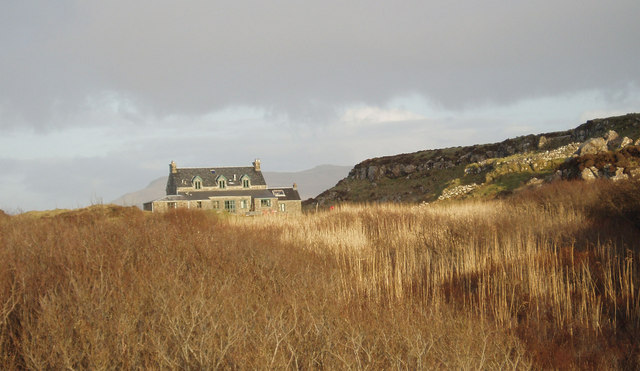
Photo by Christine Howson via Wikimedia Commons
and ripe, red rowan berries decorate the hedgerows.
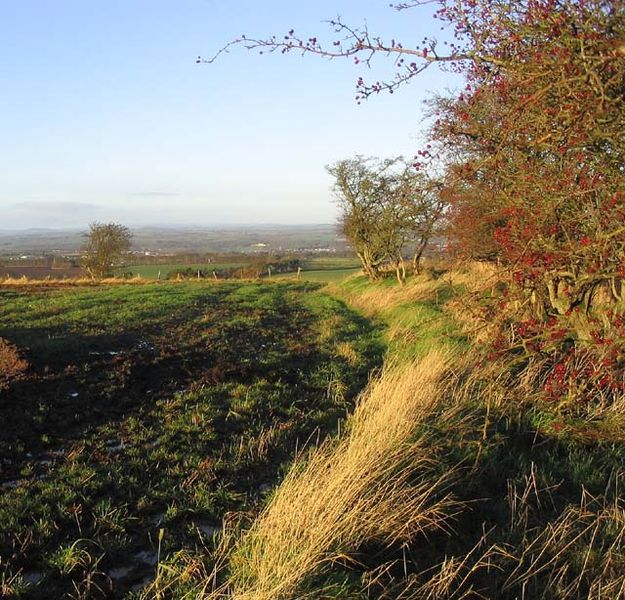
Photo by Walter Baxter via Wikimedia Commons
It’s nearly time to collect the crops!
Once ashore, we’ll take a turn back in time to the harvests of old …
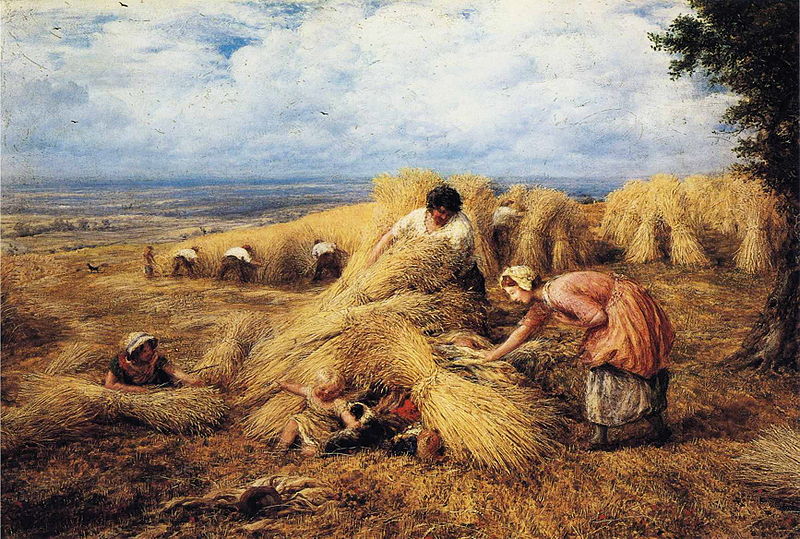
The Harvest Cradle by John Linnell, 1859, via Wikimedia Commons
Nineteenth century Scottish folklorist Alexander Carmichael painted a vivid picture of the traditional Hebridean harvest ceremony, which commenced yearly on Michaelmas, the feast of Saint Michael, on September 29:
“The day the people began to reap the corn was a day of commotion and ceremonial in the townland. The whole family repaired to the field dressed in their best attire to hail the God of the harvest. Laying his bonnet on the ground, the father of the family took up his sickle, and facing the sun, he cut a handful of corn. Putting the handful of corn three times sunwise round his head, the man raised the Iolach Buana, the reaping salutation. The whole family took up the strain and praised the God of the harvest, who gave them corn and bread, food and flocks, wool and clothing, health and strength, and peace and plenty.”
I can just imagine being a part of that celebratory scene, gussied up in linen and lace, and working well into the night by the light of a harvest moon …
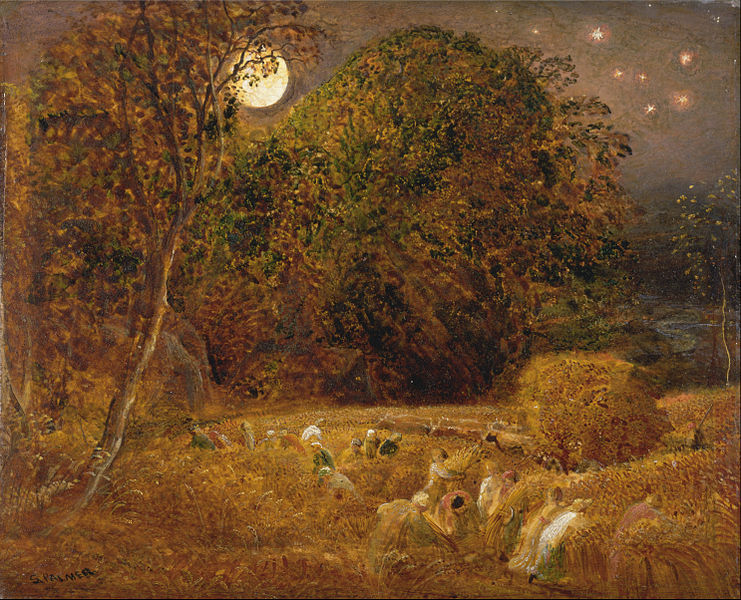
The Harvest Moon by Samuel Palmer, c. 1833, via Wikimedia Commons
A farmgirl fantasy!
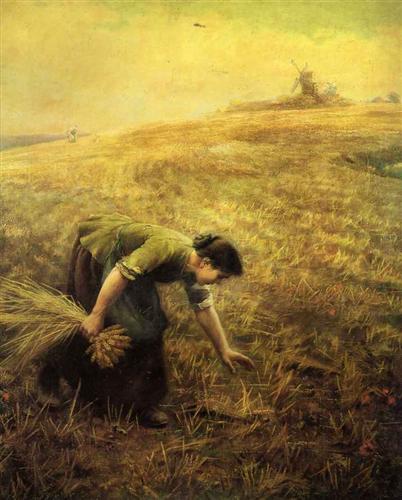
Gleaning by Arthur Hughes, 1832-1915, via Wikimedia Commons
The “gleaning” at the end of the corn harvest, depicted in the painting above, was as much cause for celebration as the first cutting, and it had its own special ritual. When all the fields were harvested, a young woman would cut the last sheaf, which was considered the last refuge for the harvest spirit. The sheaf was then braided and shaped into a Corn Maiden (also called a Kirn Baby or Corn Dolly). The doll would grace the table at the harvest feast, where she was toasted merrily, and would then be hung with honor in a farmhouse kitchen or local church.
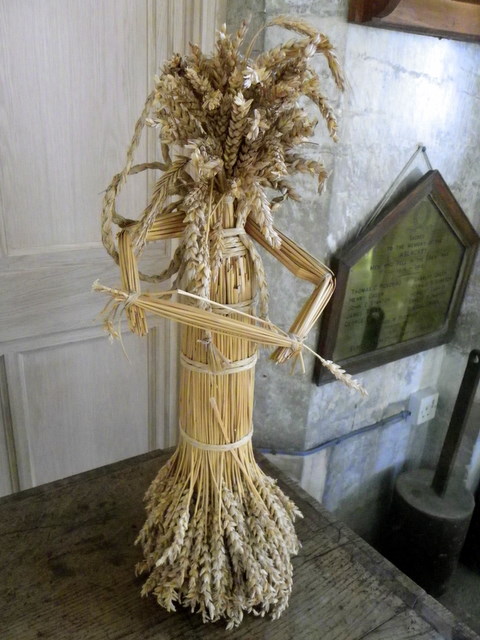
Photo of a Kirn Baby or Corn Dolly by Miss Steel via Geograph.org.uk
One of the special culinary centerpieces of this feast was struan bread, or Michael’s Bannock, made by combining all types of grain from the farm with butter, eggs, and sheep’s milk. The loaf was marked with a cross and baked on a stone over a fire of oak, rowan, and bramble wood. You can recreate traditional Scottish struan using the lovely recipe at LeeandJay.wordpress.com.
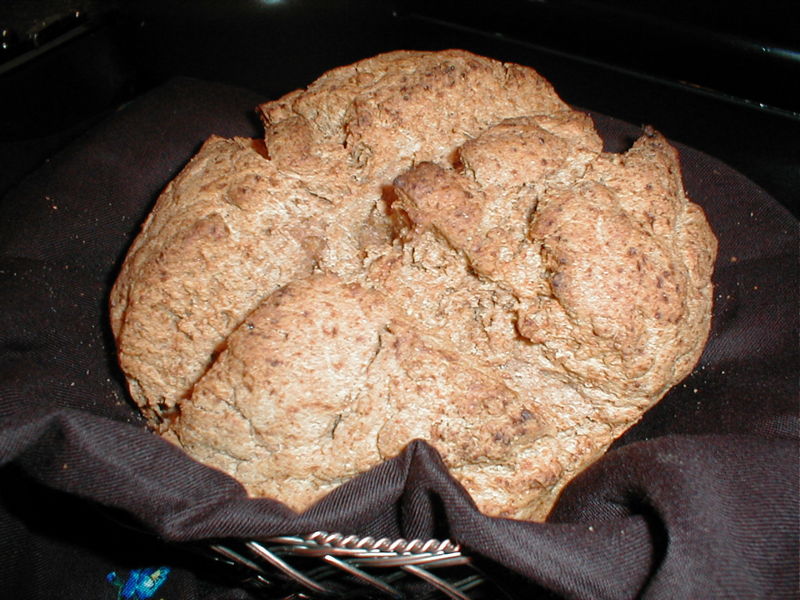
Photo by Heather “Moria” via Wikimedia Commons
With our bellies full of bannock, we could settle here a while, don’t you think? Autumn is, after all, “a good time for staying.” Linger a bit upon this 11th century poem written by an unknown Celtic author, and you’ll see what I mean …
A good season for staying is autumn;
there is work then for everyone before the very short days.
Dappled fawns from among the hinds, the red clumps of the bracken shelter them;
stags run from the knolls at the belling of the deer-herd.
Sweet acorns in the wide woods, corn-stalks around cornfields over the expanse of brown earth.
There are thorn-bushes and prickly brambles by the midst of the ruined court;
the hard ground is covered with heavy fruit.
Hazel-nuts of good crop fall from the huge old trees on dykes.
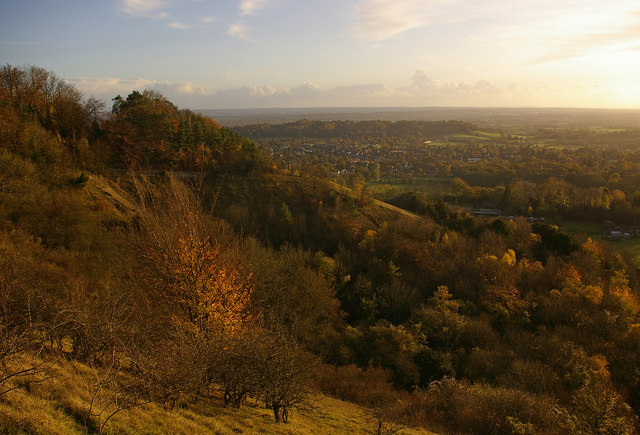
Photo by Ian Capper via Wikimedia Commons
Ah, well, the time has come—I must get back out outside, amongst my own fair fields. I’d love to hear how the harvest is coming along in your neck of the woods. Any thoughts of a hosting a harvest celebration?
